Health Library
We have a vast digital library of medical information, including wellness and psychiatry topics as well as general medical topics. For more information or to schedule an appointment, don’t hesitate to call us.
Our Health Library information does not replace the advice of a doctor. Please be advised that this information is made available to assist our patients to learn more about their health. Our providers may not see and/or treat all topics found herein. Breastfeeding is feeding a baby milk from your breasts. You can also pump your breasts and put the milk in a bottle to feed your baby. Breast milk is the only food that babies need for the first 6 months of life. At around 6 months of age, you can start slowly adding other foods, such as cereal, while your baby continues to breastfeed. Experts such as the American Academy of Pediatrics (AAP) recommend feeding your baby only breast milk for about 6 months. They also support breastfeeding for 2 years or longer.footnote 1 But your baby benefits from any amount of time that you breastfeed. Try to breastfeed for as long as it works for you and your baby. Breastfeeding has many benefits. It may lower your baby's chances of getting an infection. It also may make it less likely that your baby will have problems such as diabetes and obesity later in life. Breastfeeding also helps you bond with your baby. In the first days after birth, your breasts make a thick, yellow liquid called colostrum. This liquid gives your baby nutrients and antibodies against infection. It's all that babies need in the first days after birth. Your breasts will fill with milk a few days after the birth. Breastfeeding is a skill that gets better with practice. Be patient with yourself and your baby. If you have trouble, you can get help and keep breastfeeding. The more you prepare and learn about breastfeeding now, the more likely it will go well. So talk to your doctor or midwife, and ask questions now. Take a class to learn about breastfeeding and how it's done best. And ask about lactation consultants at your hospital or birthing center. Plan to breastfeed your baby on demand rather than setting a strict schedule. For the first 2 weeks, be prepared to breastfeed at least 8 times in a 24-hour period. In the first few days, you may need to wake a sleeping baby to feed. If you breastfeed more often, it will help your breasts produce more milk. By 2 months, most babies have a set feeding routine. But your baby's routine may change at times, such as during growth spurts when your baby may be hungry more often. At around 3 months of age, your baby may breastfeed less often. That's because your baby is able to drink more milk at one time. Your milk supply will naturally increase as your baby needs more milk. It's best to start breastfeeding within 1 hour of birth. For each feeding, you go through these basic steps: In the first days after birth, your breasts make a thick, yellow liquid called colostrum. This liquid gives your baby nutrients and antibodies against infection. It is all that babies need at first. Your breasts will fill with milk a few days after the birth. Talk to your doctor, midwife, or lactation specialist right away if you are having problems and aren't sure what to do. Doctors sometimes prescribe vitamin or iron drops for newborns. These drops help babies get the nutrition they need. It's fairly common for a baby to need: If you have questions, talk with your doctor about what is right for your baby. Health Tools help you make wise health decisions or take action to improve your health. Breast milk may help protect your child from some health problems. Breastfeeding has benefits for you too. It causes the release of a hormone called oxytocin. This hormone may help your uterus shrink back faster. And breastfeeding can lower your risk of breast cancer, ovarian cancer, and osteoporosis. Before your baby is born, plan ahead. Learn all you can about breastfeeding. This helps make breastfeeding easier. Here is a step-by-step guide on how to breastfeed. It shows one position that you can use for breastfeeding. There are other positions you can try. Talk to your doctor, midwife, or lactation consultant if you have trouble getting your baby to latch on. Get ready. Find a place to sit where you feel relaxed and comfortable. Make sure your back is supported. Try using a pillow on your lap to support your baby. Try supporting your breast with one hand. Use your other hand and arm to hold your baby. Support the base of their head. Try different positions if you need to. Find what works for you and your baby. Different holds include cradle, cross-cradle, football, Australian, laid back, and side-lying. Help your baby latch. Touch your baby's lower lip with your nipple. Wait until your baby's mouth opens wide. Bring your baby quickly to your breast, and guide your breast into their mouth. Look for a good latch. Make sure that your nipple and much of your areola are in your baby's mouth. Your baby's lips are flared out, not folded in. Listen for regular sucking and swallowing sounds. If you can't see or hear swallowing, watch your baby's ears. They'll wiggle slightly when your baby swallows. Break the latch if you need to. Put one finger in the corner of your baby's mouth between your breast and your baby's gums. This helps prevent cracking and painful nipples. These tips can help you succeed as you get used to breastfeeding your newborn. After the birth, it'll be important to take good care of yourself—by resting when you can, having good support, and staying healthy. Consider asking a loved one to stay with you to help for a few days. At first, plan to limit your guests and how long they stay, so you can rest. Eating well during breastfeeding will help you stay healthy. A healthy diet includes eating a variety of grains, vegetables, fruits, dairy or dairy alternatives, and protein foods. Learn what to avoid, such as fish that are high in mercury. These include shark and some types of tuna. And limit alcohol and caffeine. They can pass to your baby through breast milk. If you are breastfeeding, your doctor may suggest eating more calories each day than otherwise recommended for a person of your height and weight. Your nutrition Your health Pumping and storing your milk allows your baby to get breast milk from a bottle. It's a good idea to have a plan for when you'll need to pump, select the right breast pump for you, and know how to store milk safely. This will help set up you and your baby for long-term success. If you have problems using a breast pump or have concerns about your milk supply, talk to a lactation consultant. It's common to have struggles sometimes when you're breastfeeding. Most breastfeeding issues can be solved when you know what to expect and have support from others, including your doctor, midwife, or lactation consultant. Here are some common problems and some tips for working through them. Call your doctor now if you have: Call your doctor today if you have: Call your doctor today if your baby: Current as of: July 15, 2025 Author: Ignite Healthwise, LLC Staff Current as of: July 15, 2025 Author: Ignite Healthwise, LLC Staff Clinical Review Board This information does not replace the advice of a doctor. Ignite Healthwise, LLC disclaims any warranty or liability for your use of this information. Your use of this information means that you agree to the Terms of Use and Privacy Policy. Learn how we develop our content. To learn more about Ignite Healthwise, LLC, visit webmdignite.com. © 2024-2025 Ignite Healthwise, LLC.Breastfeeding
Overview
How can you prepare for breastfeeding?
How often should you breastfeed?
What should you know about your first feeding?
Does your baby need extra vitamins or minerals?
Health Tools
Benefits of Breastfeeding
Planning
Learn more
How to Breastfeed
How do you breastfeed?

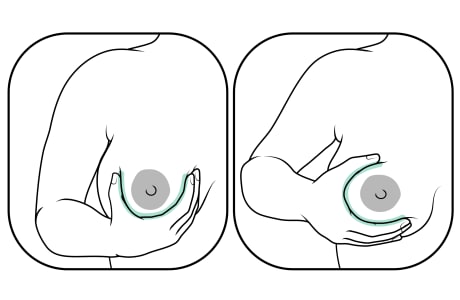
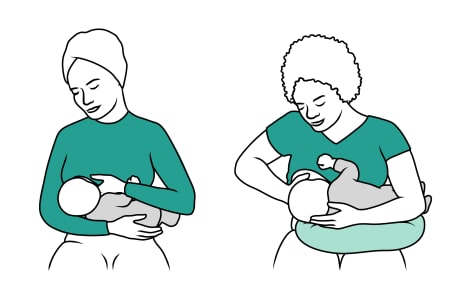

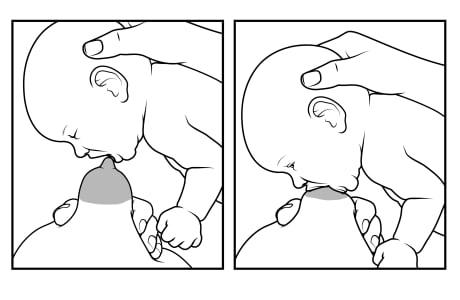
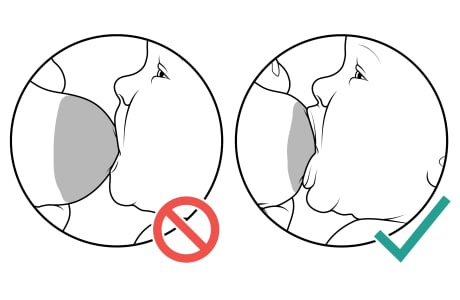
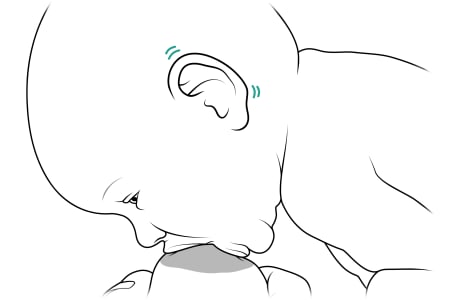
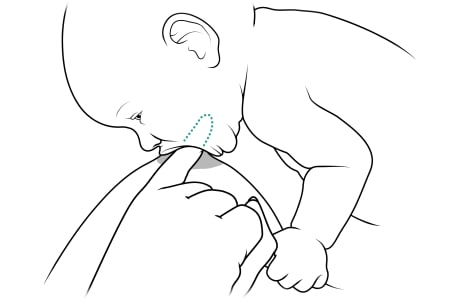
What are some tips for breastfeeding?
Learn more
Your Health and Nutrition
Learn more
Pumping and Storing
What if you have problems or concerns?
Learn more
Common Problems
Learn more
When to Call a Doctor
Related Information
References
Citations
Credits
Clinical Review Board
All Ignite Healthwise, LLC education is reviewed by a team that includes physicians, nurses, advanced practitioners, registered dieticians, and other healthcare professionals.
All Ignite Healthwise, LLC education is reviewed by a team that includes physicians, nurses, advanced practitioners, registered dieticians, and other healthcare professionals.







